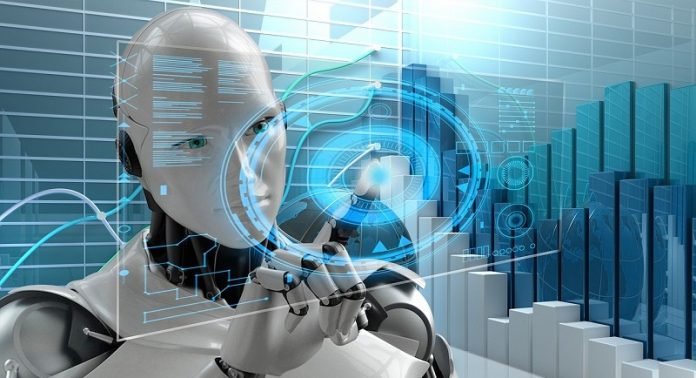
In a new study, researchers found that artificial intelligence (AI) technology could successfully discover features in pathology images from human cancer patients, without annotation, that could be understood by human doctors.
The AI identified features relevant to cancer prognosis that were not previously noted by pathologists, leading to higher accuracy of prostate cancer recurrence compared to pathologist-based diagnosis.
Further, Combining the predictions made by the AI with predictions by human pathologists led to even greater accuracy.
The AI tech was developed by a team at the RIKEN Center for Advanced Intelligence Project (AIP) in Japan and elsewhere.
According to the team, this technology could contribute to personalized medicine by making a highly accurate prediction of cancer recurrence possible by acquiring new knowledge from images.
It could also contribute to understanding how AI can be used safely in medicine by helping to resolve the issue of AI being seen as a ‘black box.’
The research group used an approach called “unsupervised learning.” As long as humans teach the AI, it is not possible to acquire knowledge beyond what is currently known.
Rather than being “taught” medical knowledge, the AI was asked to learn using unsupervised deep neural networks, known as autoencoders, without being given any medical knowledge.
The researchers developed a method for translating the features found by the AI—only numbers initially—into high-resolution images that can be understood by humans.
To perform this feat the group acquired 13,188 whole-mount pathology slide images of the prostate from Nippon Medical School Hospital (NMSH).
The amount of data was enormous, equivalent to approximately 86 billion image patches (sub-images divided for deep neural networks), and the computation was performed on AIP’s powerful RAIDEN supercomputer.
The team was extremely surprised to see that AI found features that can be used to predict recurrence that pathologists had not identified.
This ‘newborn’ knowledge could be useful for patients by allowing highly accurate predictions of cancer recurrence.
Combining the AI’s predictions with those of a pathologist increased the accuracy even further, showing that AI can be used hand-in-hand with doctors to improve medical care.
In addition, the AI can be used as a tool to discover characteristics of diseases that have not been noted so far, and since it does not require human knowledge, it could be used in other fields outside medicine.
The lead author of the study is Yoichiro Yamamoto.
The study is published in Nature Communications.
Copyright © 2019 Knowridge Science Report. All rights reserved.



